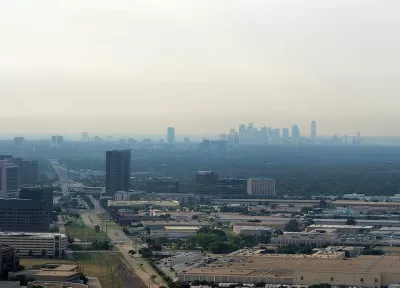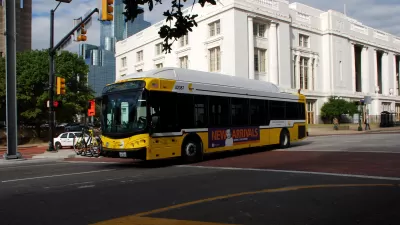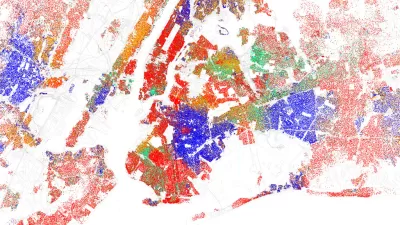A frank assessment of past policy wrongdoings is necessary to overcome inequality in the city.

Miguel Solis reflects on segregation in Dallas today and advocates for a broader view of the causes and for more proactive solutions. He references the recent North Texas Regional Housing Assessment, which reports that Dallas has extreme racial and economic segregation. In addition, the city is struggling with a lack of affordable housing, poverty, and inadequate access to quality healthcare, transportation, and educational services.
Solis says focusing on factors like the housing market and banking and real estate industry practices is a mistake. "Rather, racial residential segregation was a direct and intended consequence of state actions at all levels of our government. Explicit racial zoning policies, deeply flawed urban planning, federally subsidized housing and mortgage discrimination, and many other tools were deployed to engineer today's Dallas," he says.
Solis points to an important first step in changing course: an honest assessment of how Dallas got to where it is today. He urges readers to use Richard Rothstein’s book "The Color of Law: A Forgotten History of How Our Government Segregated America" as a guide for the future.
"Rothsteins’s invaluable, unfiltered look at how our government segregated America is a description of specific, man-made decisions that produced today's neighborhoods, and it forecasts what can be done to reverse their effects," says Solis.
FULL STORY: Segregation in Dallas is getting worse thanks to a legacy of government policies that must be reversed

Planetizen Federal Action Tracker
A weekly monitor of how Trump’s orders and actions are impacting planners and planning in America.

Map: Where Senate Republicans Want to Sell Your Public Lands
For public land advocates, the Senate Republicans’ proposal to sell millions of acres of public land in the West is “the biggest fight of their careers.”

Restaurant Patios Were a Pandemic Win — Why Were They so Hard to Keep?
Social distancing requirements and changes in travel patterns prompted cities to pilot new uses for street and sidewalk space. Then it got complicated.

California Homeless Arrests, Citations Spike After Ruling
An investigation reveals that anti-homeless actions increased up to 500% after Grants Pass v. Johnson — even in cities claiming no policy change.

Albuquerque Route 66 Motels Become Affordable Housing
A $4 million city fund is incentivizing developers to breathe new life into derelict midcentury motels.

DC Area County Eliminates Bus Fares
Montgomery County joins a growing trend of making transit free.
Urban Design for Planners 1: Software Tools
This six-course series explores essential urban design concepts using open source software and equips planners with the tools they need to participate fully in the urban design process.
Planning for Universal Design
Learn the tools for implementing Universal Design in planning regulations.
Heyer Gruel & Associates PA
JM Goldson LLC
Custer County Colorado
City of Camden Redevelopment Agency
City of Astoria
Transportation Research & Education Center (TREC) at Portland State University
Camden Redevelopment Agency
City of Claremont
Municipality of Princeton (NJ)





























